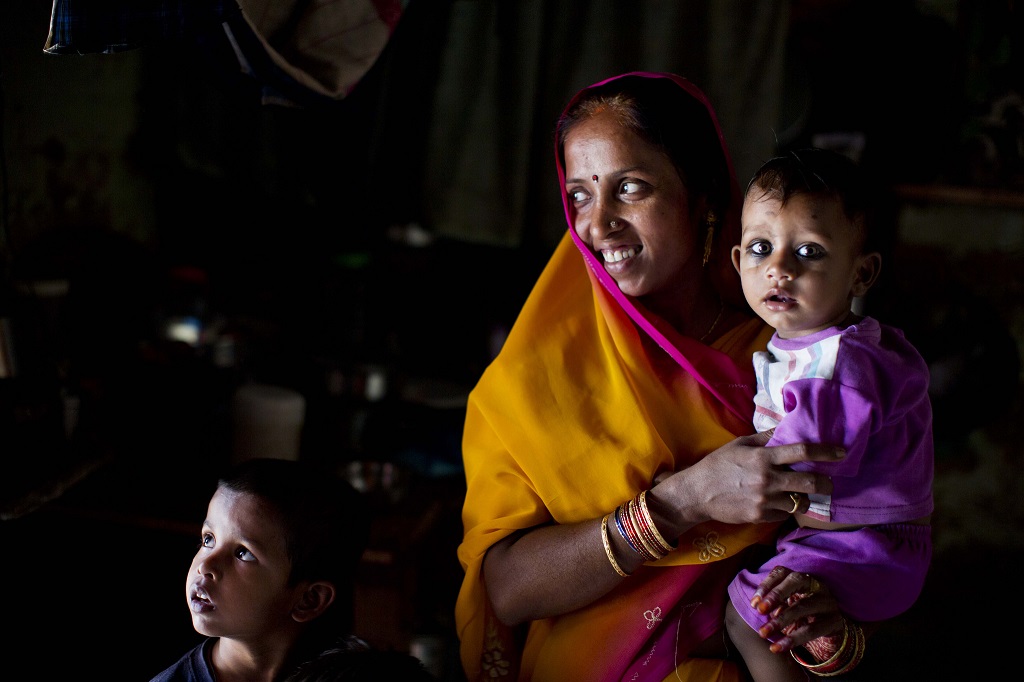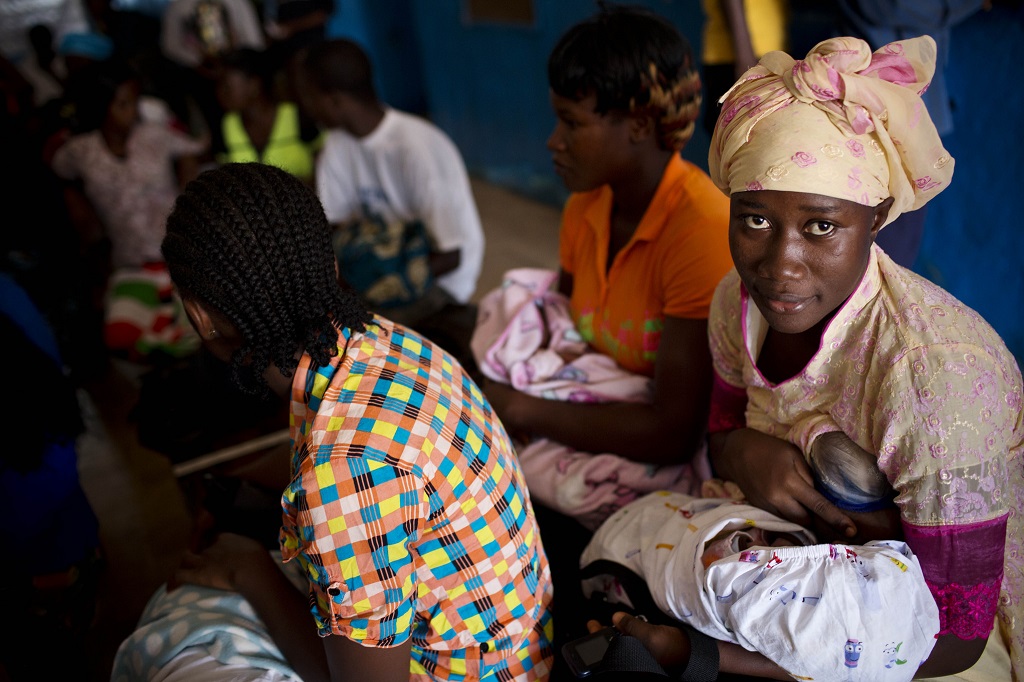For the mother in Liberia who comes to the health facility to immunize her child, her needs and her child’s are not compartmentalized. They are a family unit, with many constraints on their time, limited access to the health facility, and multiple concurrent health service needs.
Maximizing opportunities to reach both her and her children is critical for the entire family to thrive.
Throughout the developing world, this fictional example is the reality. For many, immunization services provide multiple, potentially lifesaving contacts with women during the first year postpartum. And because immunization and family planning services are two of the most cost-effective health interventions—and integrating them is a promising high impact practice for improving family planning—deaths from reproductive, maternal, newborn and child health conditions have the potential to be substantially reduced when integrated packages of interventions are scaled up across the continuum of care.
This World Population Day, we’re doubling down on reducing missed opportunities.
Ensuring “no missed opportunities” is both a central strategy for addressing unmet need for postpartum family planning and a long recognized concept in the field of immunization. The vast majority of postpartum women, for example, want to delay or avoid future pregnancies the year after a child’s birth, and we know that closely spaced pregnancies pose serious health risks to both their health and their children’s. Therefore, using numerous, existing contacts with the health system during the extended postpartum period can be a win-win scenario: contraceptive uptake improves, and needed infant services (postnatal care, immunization, growth monitoring) are delivered.
The “no missed opportunities” concept resonates for the immunization and family planning communities alike.
We can find convergence in a conversation that goes beyond “missed opportunities for immunization” and “missed opportunities for family planning” to thinking more broadly about providing appropriate and holistic care that meets the needs of women and children. Approaches to integrate these and other services have been gaining steam globally, creating a growing body of experience and evidence.

A pilot program in Liberia, for example, had vaccinators providing brief family planning messages to women who brought their infants for routine immunization services. These women were also offered a referral for same-day contraceptive services, which led to substantial increases in family planning uptake at pilot sites compared to the same period of the previous year. The number of vaccine doses administered increased somewhat, but drop-out rates increased in some sites; this appeared to be explained by other factors unrelated to the integration of family planning and immunization services.
Clients and service providers expressed positive feedback about the improvements in access to both services. “I started taking family planning. Next month, on the 15th, it will run out,” a mother in the pilot program said. “It is the same day as the [baby’s] next vaccine, so I will be rushing to get the vaccine that day so I can get my family planning on time.” A service provider also noted: “Clients have expressed happiness, because they are now using one opportunity to get two services at the same time.”
Given current immunization challenges in Liberia, which have worsened in the wake of the Ebola crisis, USAID’s flagship Maternal and Child Survival Program (MCSP) is working with the Ministry of Health to strengthen the immunization component of the integrated program, while moving toward scale-up. We hope that an integrated approach will contribute to further improvements for immunization outcomes.
Meeting the health needs of women, children and their families requires a comprehensive approach.
To learn more about effectively integrating family planning and immunization services, including concrete guidance for country-level programs, visit the Family Planning and Immunization Integration Toolkit. And to show your commitment to collective action for postpartum family planning, click here.
Together, we can build the world we want for our women and children.

